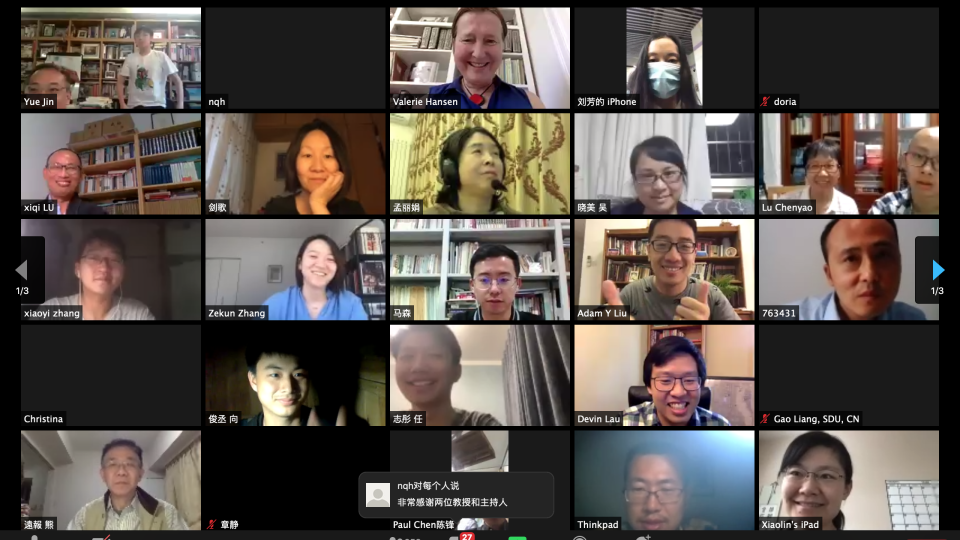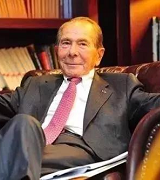
This talk is part of the Greenberg Distinguished Colloquium.
Time
May 20, 2020 7:30AM-9:00AM (EST)
May 20, 2020 7:30PM-9:00PM (Beijing Time)
Participating Format

Registration is required to obtain a ZOOM Conference access link, which will be sent to your registration email or phone shortly. Please enter ZOOM room 15 minutes before the starting time. When the room is full, latecomers will not be able to access the ZOOM conference.
Registration and Fees
Registration
Click HERE to register.
Please email yalecenterbeijing@yale.edu If you encounter any payment issues, please attach a screenshot that identifies the issue.
Ticket
Free.
Attention: Recording (audiotaping or videotaping) during the event is not allowed.
LANGUAGE
The language of the event will be Chinese.
The Event
A new system of global pathways formed in the year 1000 following the Vikings’ touchdown in northeastern Canada. Trade goods, people, and ideas moved along these pathways. For the first time, an object or a message could circle the world. Globalization affected both those who went to new places (traders, explorers, slaves) as well as those who stayed home. Globalization was farthest along in Southeast Asia and China. The forest peoples of Southeast Asia gave up their traditional livelihoods and completely reoriented their economies to work full-time growing spices and gathering forest produce for the Chinese market. The changes around the year 1000 constituted globalization in the most fundamental sense because what happened in one place profoundly affected the residents of distant regions.
On May 20, Professor Lu Xiqi of the History Department of Wuhan University and a former visiting scholar at Yale University will lead a discussion in Chinese with Professor Valerie Hansen of Yale’s History Department about her new book, The Year 1000: When Explorers Connected the World—and Globalization Began.
The Speakers
Valerie Hansen
Stanley Woodward Professor of History, Yale University
Stanley Woodward Professor of History, Valerie Hansen teaches Chinese and world history at Yale. In the course of writing The Year 1000, she traveled to some twenty different countries and was a visiting scholar at Xiamen University in China, University of Birmingham in the United Kingdom, and the Collège de France in Paris. Her books include The Silk Road: A New History, The Open Empire: A History of China to 1600, Negotiating Daily Life in Traditional China: How Ordinary People Used Contracts (600-1400), and Changing Gods in Medieval China (1127-1279).

Lu Xiqi
Professor of History, Wuhan University
Lu Xiqi, Professor of History at Wuhan University, has written several highly regarded books on local society and geography, particularly about the interactions of humans and water. Twice a visiting scholar at Yale, he has also translated multiple works of Chinese history by American scholars including William Rowe and Valerie Hansen.
Greenberg Distinguished Colloquium

Thanks to the generosity of Mr. Maurice R. Greenberg, Chairman and CEO of C.V. Starr & Co. Inc. the Yale Center Beijing is pleased to host the Greenberg Distinguished Colloquium, which will convene thought leaders from all sectors who, in the spirit of Mr. Greenberg, play pivotal roles in building bridges among China, the U.S., and the rest of the world.
Mr. Greenberg has been a member of Yale Center Beijing’s Executive Council and retired as the Chairman and CEO of American International Group (AIG). In 2018, he was awarded the China Reform Friendship Medal.
Public Event
